The world was rocked by several major wars in 2023.
Israel and Hamas began their bloodiest war yet, while Sudan collapsed into civil war, and Azerbaijan conquered Nagorno-Karabakh in a lightning campaign. The wars in Ukraine and Myanmar raged on, while those in Syria, Somalia, and Nigeria simmered.
FREEDOM CAUCUS WARNS GOP LEADERSHIP AGAINST ‘SHADY SIDE DEALS’ AS CONGRESS RETURNS TO SPENDING FIGHT
Signs show that 2024 will likely see additional wars break out. Aside from rumblings of war in the Sahel, Congo, Haiti, Taiwan, and Guyana, here are three of the most likely candidates for a new war to break out in 2024.
Ethiopia-Eritrea
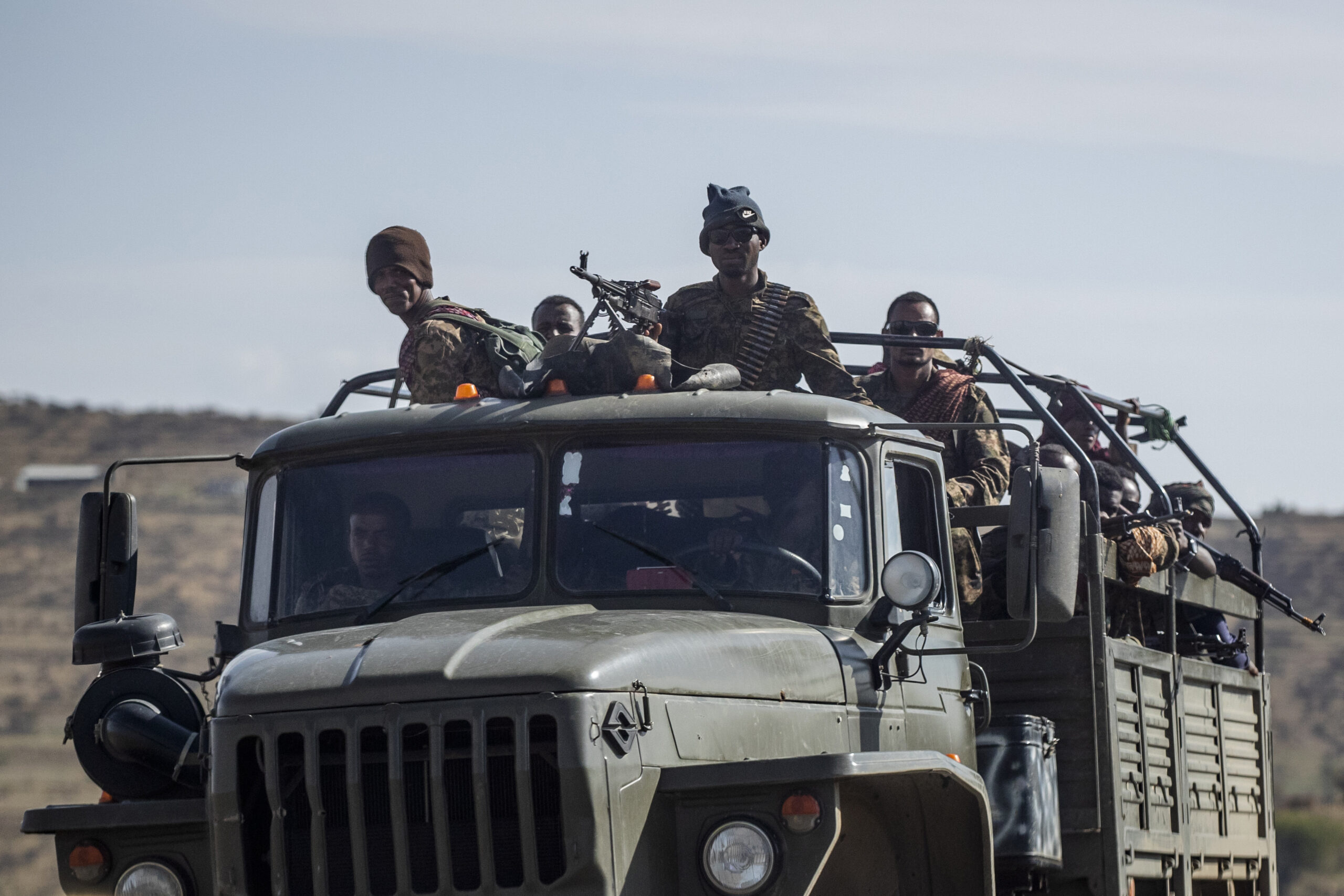
Since winning the Nobel Peace Prize in 2019 for his role in ending a decadeslong war with Eritrea, Ethiopian Prime Minister Abiy Ahmed has launched his country into one of the 21st century’s bloodiest civil wars. In 2024, Abiy may go even further and undo the accomplishment that won him his Nobel Peace Prize.
Ethiopia is unique for being the largest and most populous landlocked country on Earth, a situation it has only found itself in recently. Following the collapse of the communist Derg, Eritrea, which had long been in revolt, was granted independence in 1991, taking Ethiopia’s access to the sea with it. A war quickly broke out between the two, turning into a frozen conflict that was only resolved in 2018.
Though relations between the two reached new heights during the Tigrayan War of 2020, when Eritrea allied with Ahmed’s government against the rebels, relations have since soured once again. Ahmed has increasingly expressed frustration over his country’s landlocked status, going so far as to say in an October speech that Ethiopia’s destiny depends on its access to the sea. The country currently relies heavily on the port of Djibouti for imports, which charges a high price.
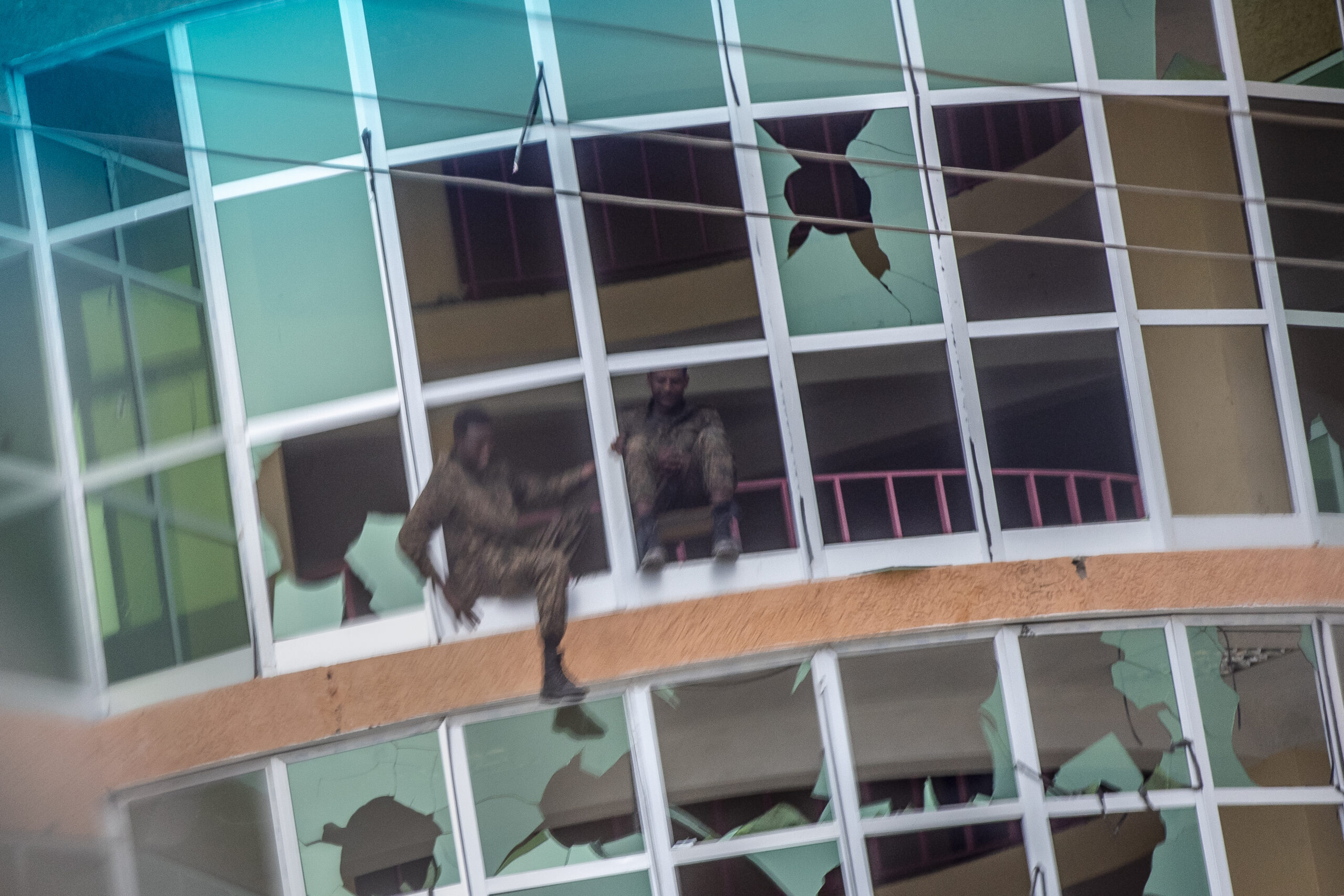
Two major factors further contribute to the possibility of war: world ambivalence, as attention remains focused on Gaza and Ukraine, and the international isolation of Eritrea. The East African country is widely known as the North Korea of Africa, ruled by the totalitarian Isaias Afwerki since the country’s independence. Eritrea has no legislature, independent judiciary, independent media, or civil society organizations. Even if the world weren’t distracted elsewhere, few in the international community are likely to express outrage over the overthrow of Afwerki.
Eritrean sources have reported buildups of Ethiopian forces on their border, according to Foreign Policy, with most focused on a particularly vulnerable point near the vital port of Assab.
On the other hand, Ethiopia could find itself undercut by internal instability before an invasion could even be attempted. The Ethiopian armed forces are already stretched thin combating insurgencies against the Amhara and Oromo, the two largest ethnic groups in the country. The fragile situation has led some experts to draw parallels with Yugoslavia.
Whether a civil war or interstate war with Eritrea breaks out, Ethiopia enters 2024 in a precarious position.
Yemen
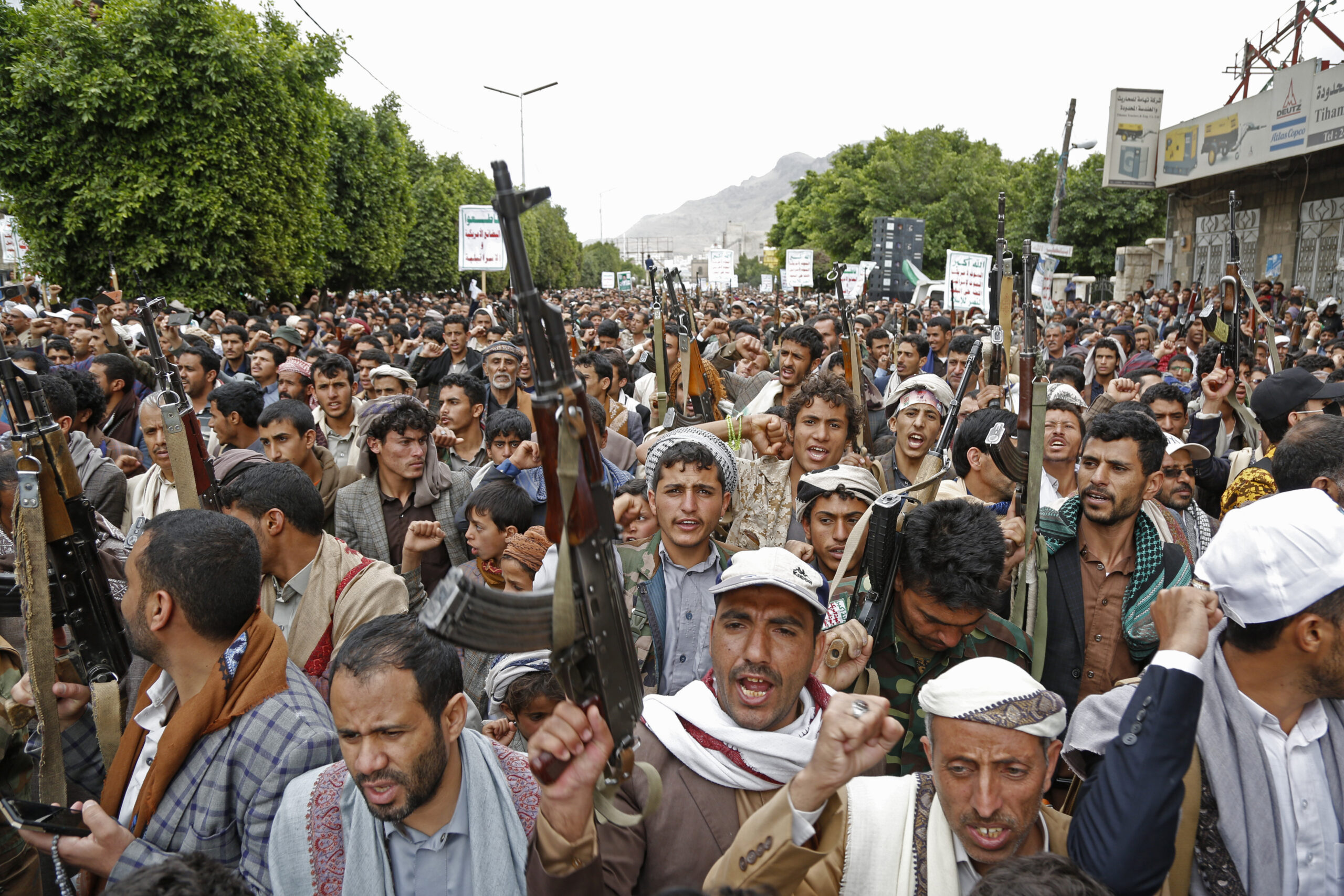
Following the beginning of the war in Gaza, Yemen’s Houthis have become a vocal nuisance in the region. While none of their missile attacks against Israel proper have been successful, far more impactful have been its actions in the Red Sea. The Houthis have hijacked or fired upon numerous commercial trading vessels, threatening global shipping routes.
Unfortunately for global supply lines, the Houthis oversee one of the most strategically important chokepoints in the world. Roughly 12% of global trade and about a third of global container traffic travels through the Red Sea, according to Foreign Policy. Several shipping conglomerates have opted to avoid the Red Sea altogether, preferring a journey around the entirety of Africa, adding thousands of miles to the trip.
The United States announced a multinational naval coalition to protect the straights in mid-December. In response, the Houthis have pledged to not only continue their attacks but target U.S. vessels with advanced anti-ship missiles.
The U.S. and the United Kingdom have moved sensitive naval and air assets within strike distance of Yemen. Strikes against the Houthis look increasingly likely.
Washington could also move to further pressure the Saudi-led anti-Houthi coalition to resume its fight against the group after the conflict froze in March.
A surprise Chinese-brokered Saudi-Iranian deal in March appeared to signal the conflict in Yemen would wind down. The past few months’ developments may lead to 2024 being Yemen’s deadliest year yet.
Lebanon
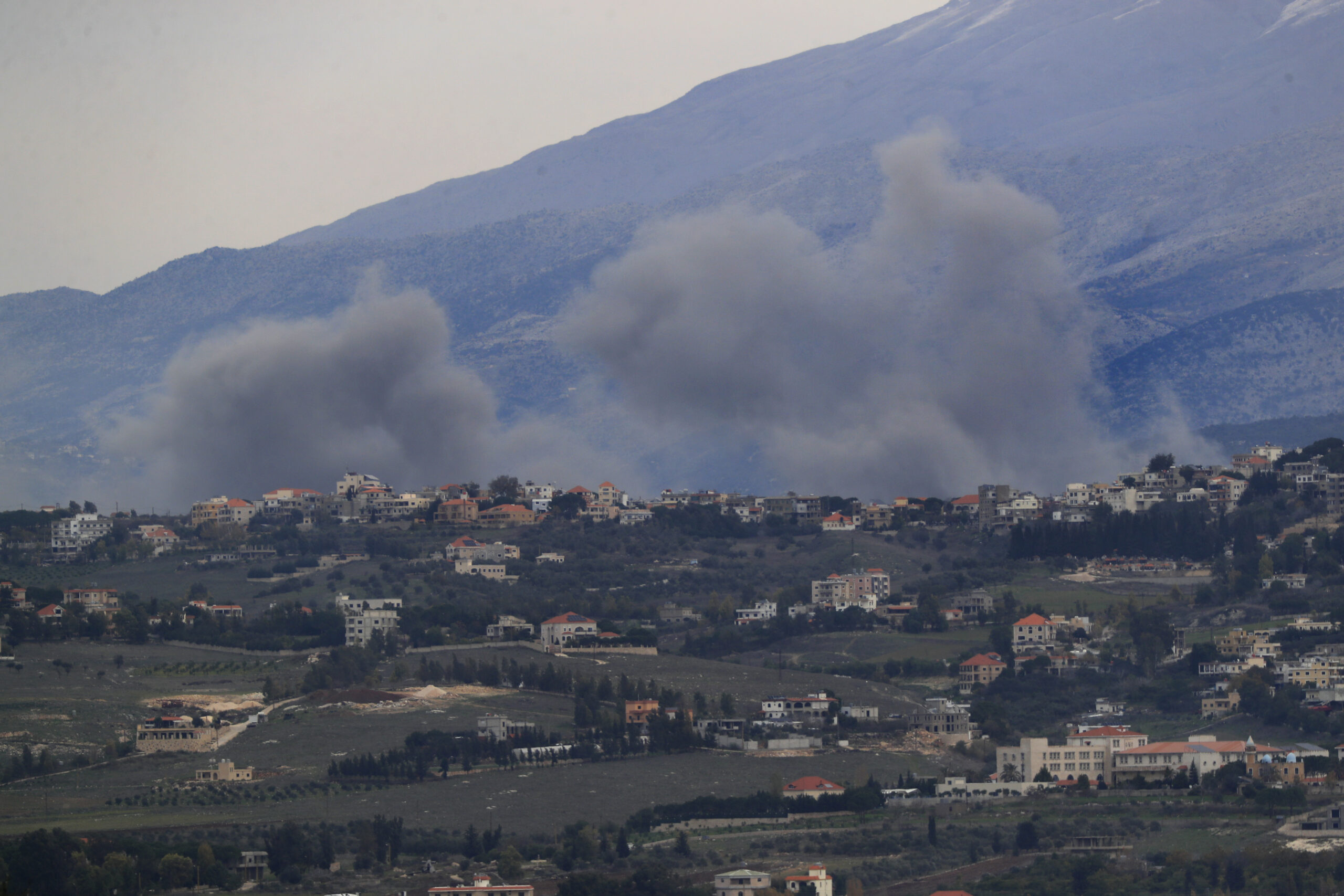
After Hamas’s Oct. 7 surprise attack in southern Israel, the eyes of many turned north to the Israel-Lebanon border. While the Israel Defense Forces slowly advance through Gaza, fears of a far larger war with Hezbollah loom in the north.
The Iranian-backed Hezbollah derives most of its legitimacy from its militant opposition to Israel, with force to boot.
With 30,000-50,000 fighters, more than 150,000 missiles, and extensive combat experience in Syria and across the Middle East, the group has emerged as arguably Israel’s most dangerous adversary. Jonathan Schanzer, senior vice president of the Foundation for the Defense of Democracies, said Hezbollah is the military equivalent of a medium-sized European country.
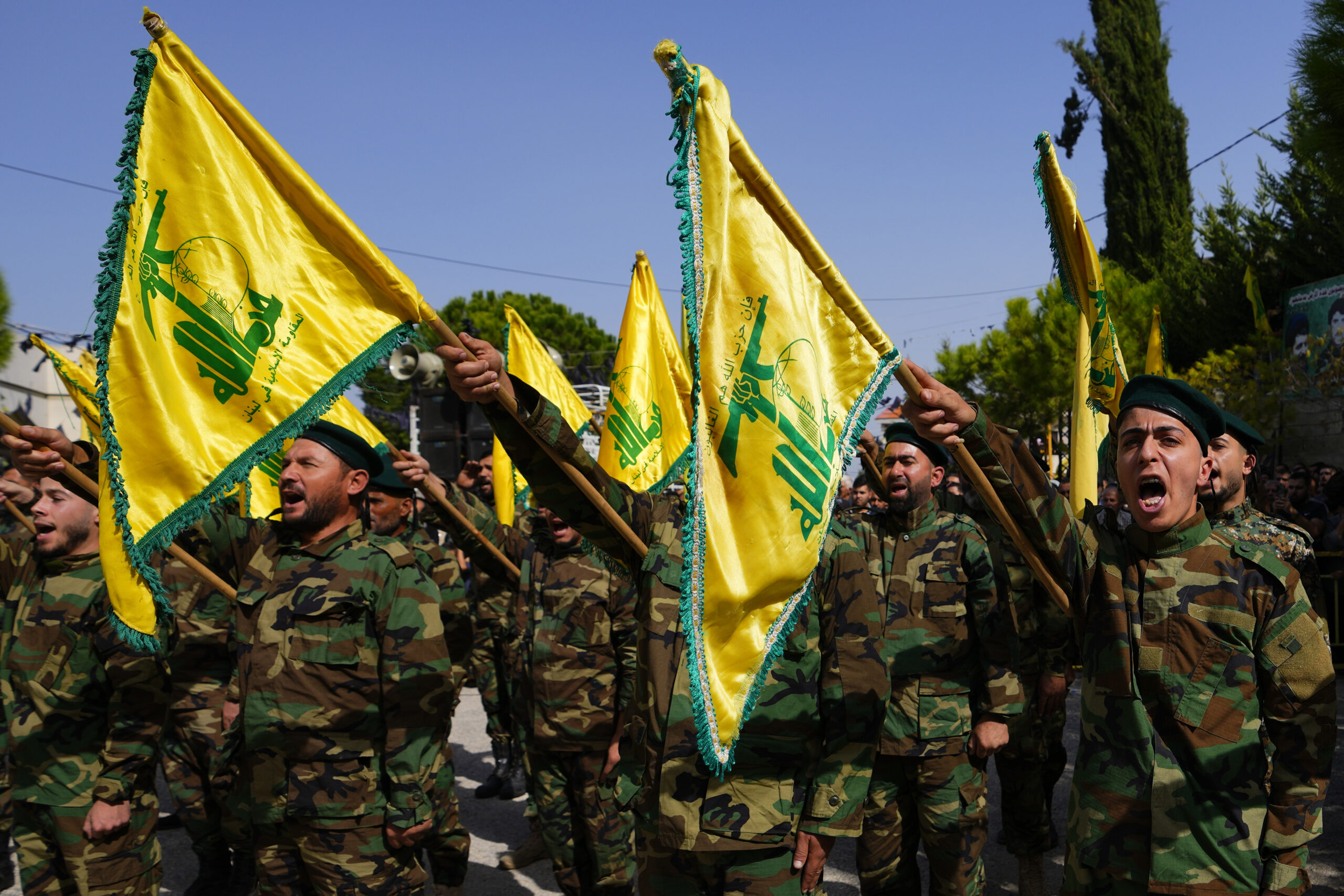
Since the beginning of the war in Gaza, Hezbollah and the IDF have exchanged rockets, airstrikes, artillery fire, and small arms fire. Though the interactions have been limited to skirmishes, that could change in 2024, possibly drawing in Iran and the rest of its proxies.
The primary reason that Hezbollah is hesitant to go to war with Israel is mutually assured destruction. While the group’s extensive missile arsenal could lay waste to many Israeli cities, it understands that in such an event, Israel would drop all restraints and deal catastrophic damage to Lebanon.
CLICK HERE TO READ MORE FROM THE WASHINGTON EXAMINER
Furthermore, Hezbollah and Iran appear to have been caught off guard by the Oct. 7 attack. Publicly, Hezbollah chief Hassan Nasrallah told Hamas to be “realistic,” rebuffing calls for an outright intervention. Privately, Iran reportedly informed Hamas that it would not get involved directly, nor would Hezbollah.
Whether this calculus will change will be seen in 2024.
